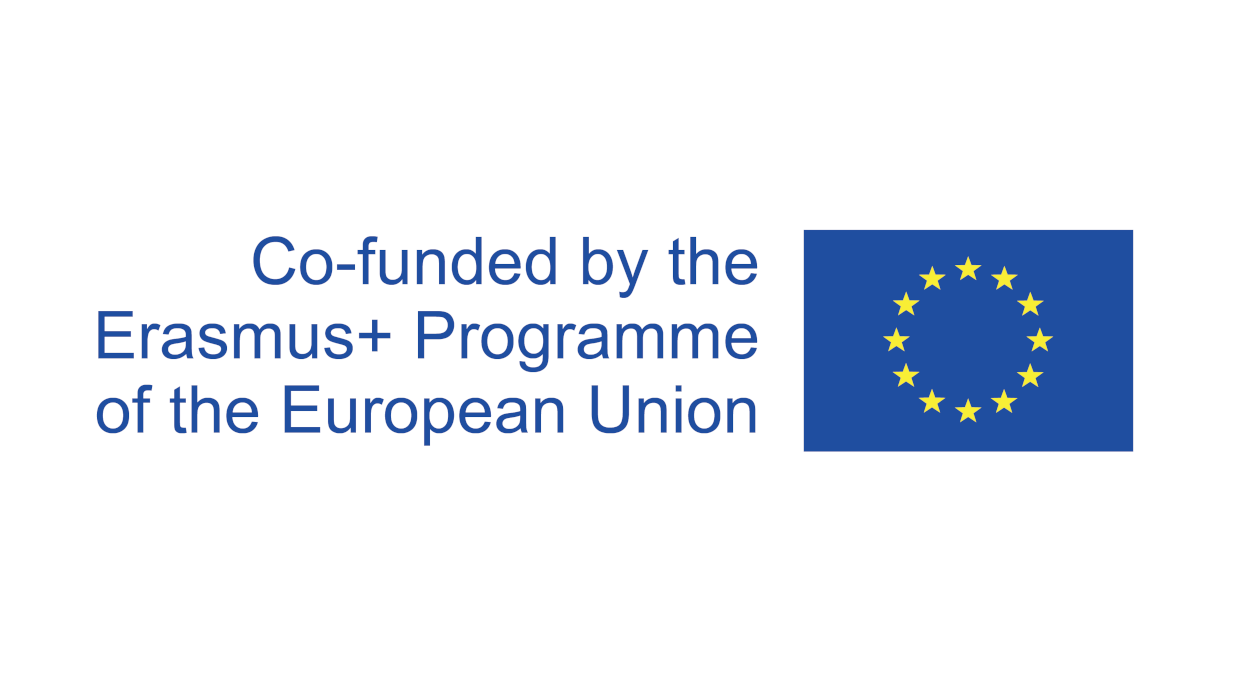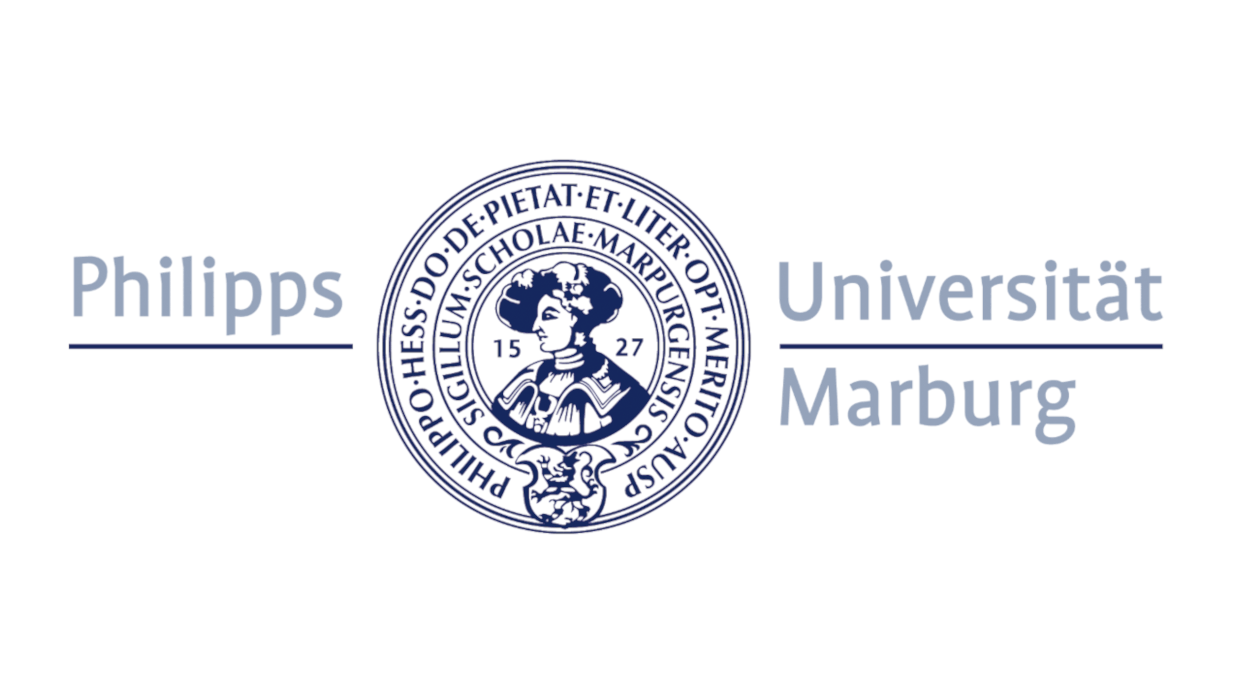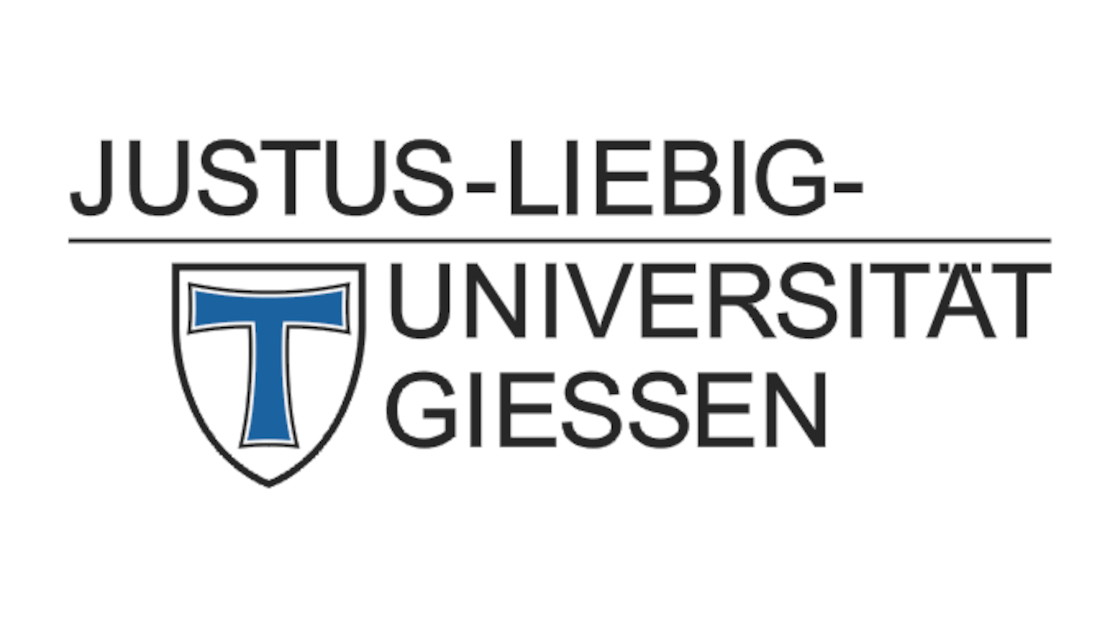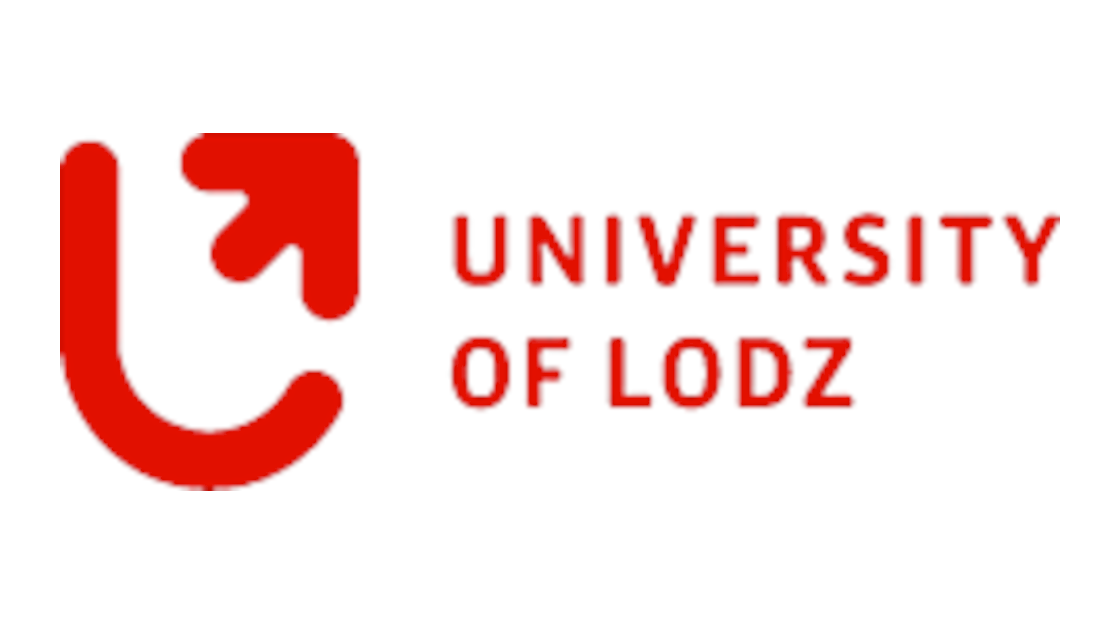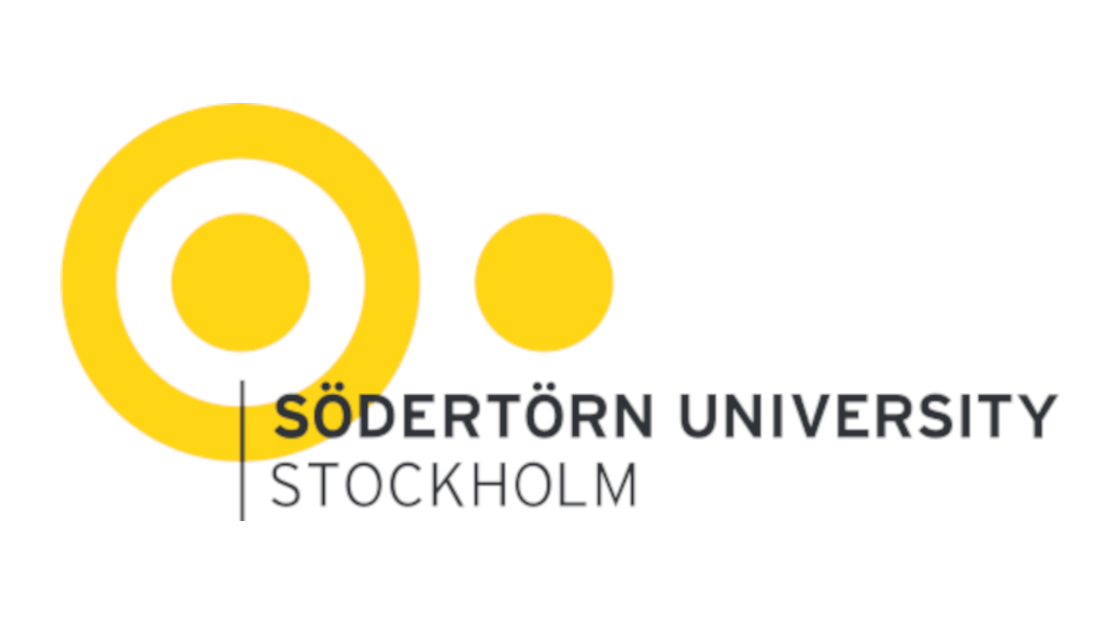07.10.2024 Conference on Didactic Innovations in Peace and Conflict Research at Justus Liebig University of Giessen
Multiplier Event of the of the SHARINPEACE project

On October 17th, 2024, Justus Liebig University of Giessen will host the conference "Didactic Innovations in Peace and Conflict Research,"
organized within the framework of the SHARINPEACE project (Simulating Human Rights in Peacebuilding) and co-funded by the Erasmus+ program.
The SHARINPEACE Project: Bridging Theory and Practice
The SHARINPEACE project is an innovative, multinational initiative aimed at addressing some of the most pressing challenges facing Europe today, including the social, ethnic, linguistic, and cultural diversity that defines our contemporary societies. These challenges, coupled with increasingly complex geopolitical conflicts, necessitate new approaches to educating the next generation of decision-makers, particularly in the interrelated fields of human rights and peacebuilding.
Human rights and peace are foundational principles of Europe’s shared values, yet they are continually tested by global crises. SHARINPEACE seeks to address these challenges by equipping students with the knowledge and skills necessary to integrate human rights into conflict resolution processes. Through the project, students and educators alike are trained in innovative didactic methods, including role-playing and simulation exercises, which allow participants to practice conflict resolution in controlled, yet realistic, environments.
The conference will provide an opportunity to reflect on the main outcomes of the project, in particular the two-part module system to be implemented in all participating institutions. In the first part, students will acquire basic skills in human rights and peacebuilding. In the second, they will apply these skills in a network-wide Crisis Intervention Simulation (CRIS), where they will practice resolving real conflicts by simulating negotiations between states, international bodies and non-governmental organisations.
Expanding the Dialogue: Key Themes of the Conference
The conference will bring together scholars, educators, and practitioners from across Europe to discuss how innovative teaching methods can help bridge the gap between theoretical knowledge and practical application. The event is structured around several key sessions, including a keynote address, panel discussions, and roundtable talks.
The keynote, "SHARINPEACE – Lessons Learned from a Simulation Game Approach," will be delivered by Stéphane Voell from the University of Marburg. This session will focus on the strengths and challenges of using simulations in peace and conflict education, highlighting the lessons learned from SHARINPEACE and its implications for future pedagogical strategies.
Following the keynote, a panel on Didactic Innovations in Higher Education for Human Rights and Peacebuilding will feature speakers from several partner institutions, including Sannimari Veini from the University of Giessen, Dragana Stojanović from FMK/Singidunum University, and Oscar Noach from the University of Southern Denmark. The panel will explore various didactic innovations, including the use of Model United Nations simulations to teach diplomacy, the role of online immersion and extended reality in conflict education, and the value of interdisciplinary, multinational collaboration in international relations education.
Peace Education Beyond the University Setting
In the afternoon, the conference will shift its focus beyond traditional academic settings, exploring how peace education can continue after formal university education ends. A roundtable discussion titled "After University Ends: Reflections for Peace Education and Teaching Beyond Higher Education" will feature speakers from various sectors, including Claudia Maya from the German-Colombian Peace Institute (CAPAZ), Heike Wagner from the Academy Diocese Rottenburg-Stuttgart, and Jacqueline Krause from Motivés e.V., among others. Moderated by Konstantin Korn from the University of Giessen, this session will address how peace education can be extended to different societal contexts, including non-governmental organizations, schools, and community-based initiatives.
The Role of Didactic Innovations in Shaping Future Decision-Makers
Later, the conference will turn to a critical discussion of the importance of didactic innovations for the development of future professionals in the field of peacebuilding. The roundtable discussion "New Skills for Better Decisions: Importance of Didactic Innovations for Future Professionals" will be moderated by Wolfgang Fuhrmann from the University of Giessen and will feature speakers such as Stefan Peters from the German-Colombian Peace Institute (CAPAZ), Magdalena Rekść from the University of Łodź, and Daniela Pastoors from the German Association for Peace and Conflict Studies. This session will explore how innovative teaching approaches can equip future decision-makers with the skills needed to navigate complex international crises and promote peace through human rights-centered solutions.
---
Simulation Human Rights in Peacebuilding (SHARINPEACE)
Erasmus+ Cooperation Partnerships, 2021-1-DE01-KA220-HED-000031133

Contact
Julia Schwab
